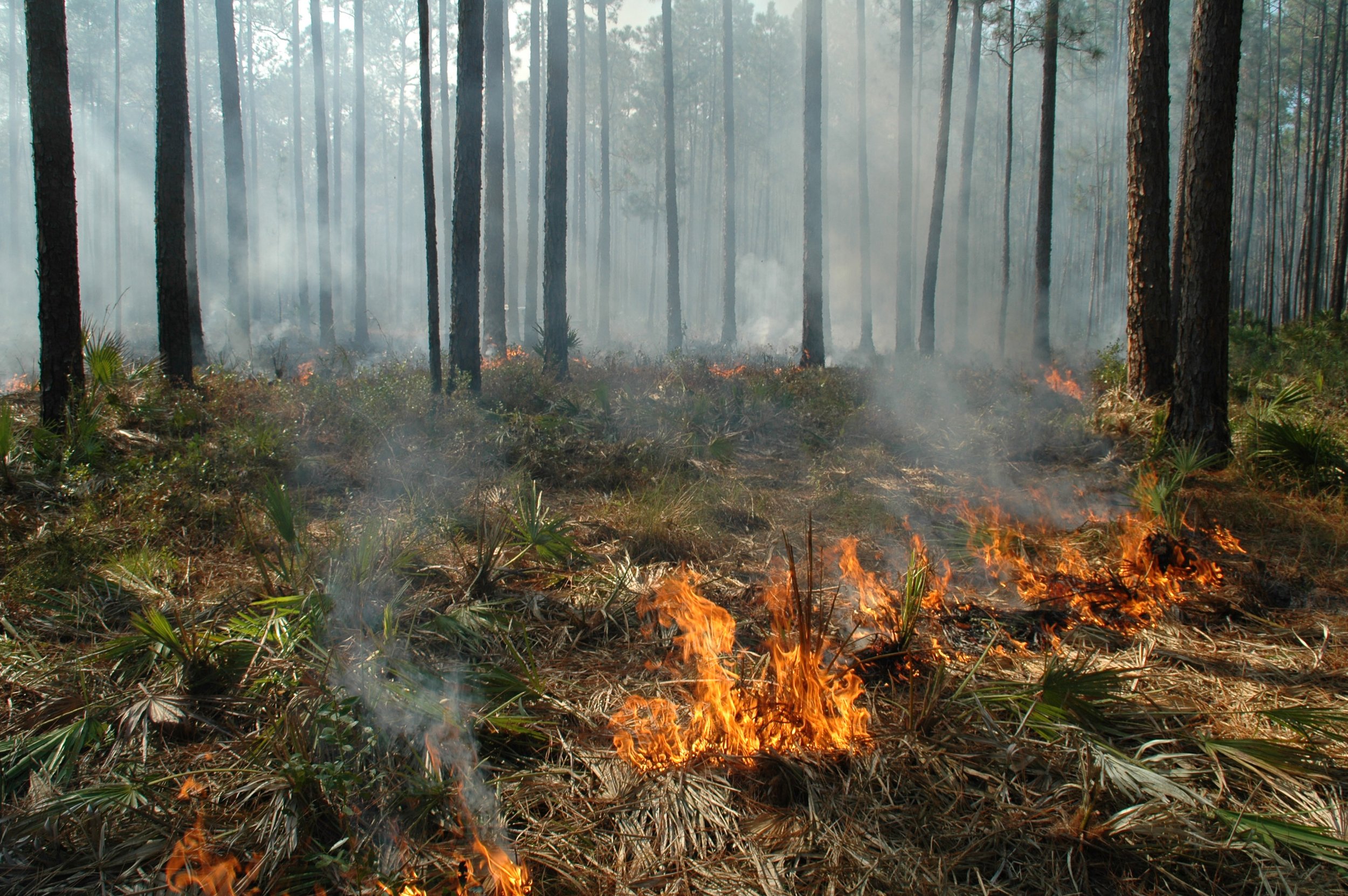
After the Greenfire Revolution: Reimagining Collective Identities of the Future Wildland Fire Workforce in a Paradigm Shift for Ecological Fire Management
This concept paper explores possible collective identities for a future wildland fire workforce. Taking inspiration from the work of futurists who foresee an end to the dominant fire exclusion/suppression paradigm, and assuming that an emerging fire restoration/resilience paradigm shift replaces it, this paper engages in speculative explorations of the process and product of this paradigm shift with respect to the future collective identities of a workforce conducting ecological fire management.
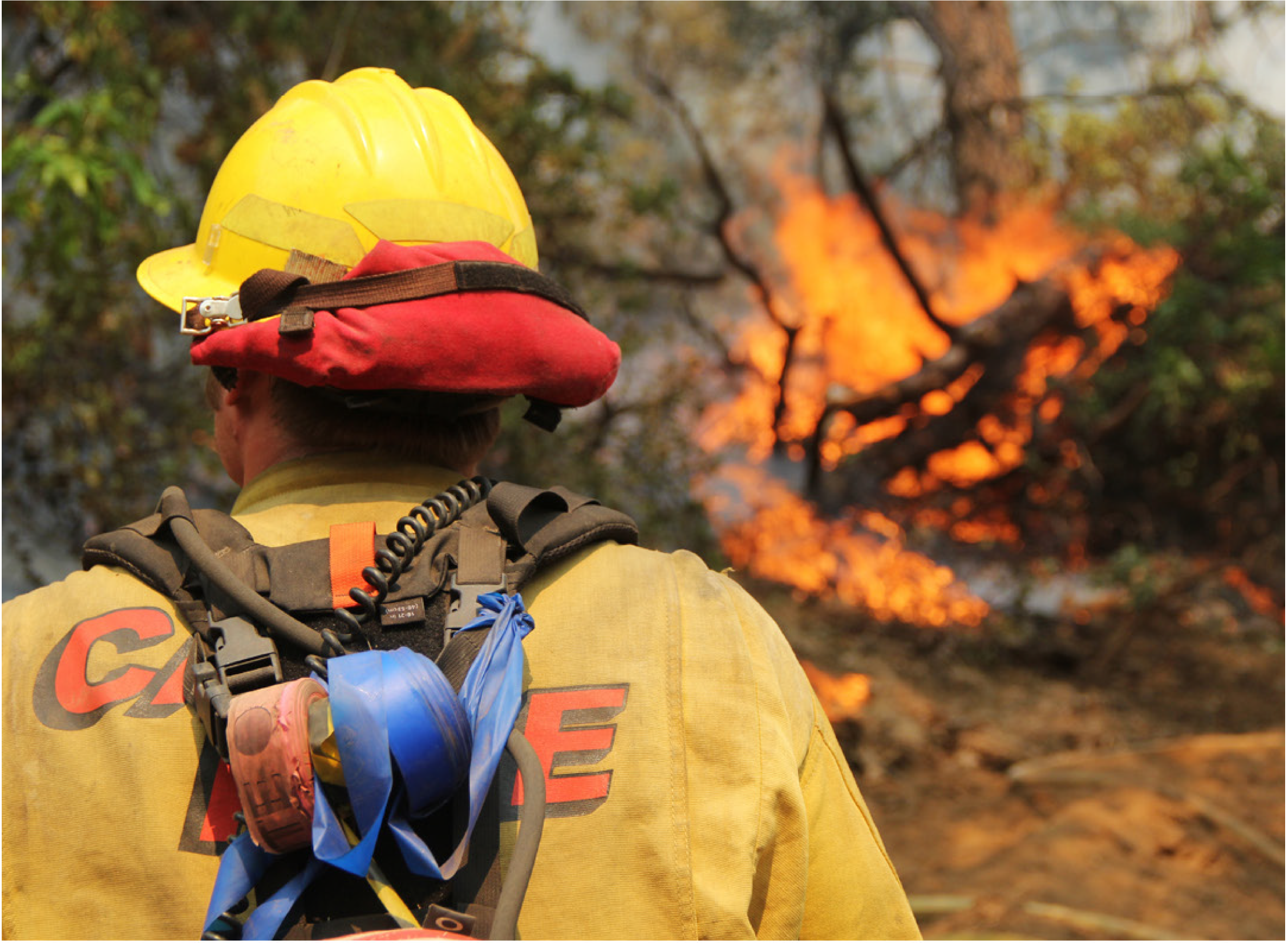
FireWatch Part 4: A Guide to Online Wildfire Information Gathering of CalFire Incidents
Learn how to monitor CALFIRE suppression operations to document its costly and destructive firefighting actions on private and state lands.

Native Forests Need Native Fires
This is a transcript of a speech that was given at the "Traditional Fire Use and the National Fire Plan Conference" hosted by the Confederated Tribes of the Grand Ronde and the Confederated Tribes of Siletz Indians, Grand Ronde, Oregon, on June 12, 2002.

The Science Basis for Ecological Fire Management
An introductory guide to the literature of Ecological Fire Management. This database provides an introduction to the fire science literature that gives evidence of a paradigm shift and validates the need for EFM. The database is organized by key topics in fire science and management that are also often the subject of public and policy debates over forest management.
Short synopses of each topic synthesizes some of the main papers, and each section will include bibliographic references and excerpts from of key publications. The papers cited all contribute to a growing literature that may be the science basis for developing policies, programs, and projects that implement EFM.

The Literature of Ecological Fire Management
An Unfolding Bibliography for an Emerging New Paradigm. This is a list of the best peer-reviewed publications for providing the scientific foundation for Ecological Fire Management.

Key Covid-19 Policy Documents
A compilation of the key policy documents that were published around the Covid-19 pandemic and wildland firefighters.
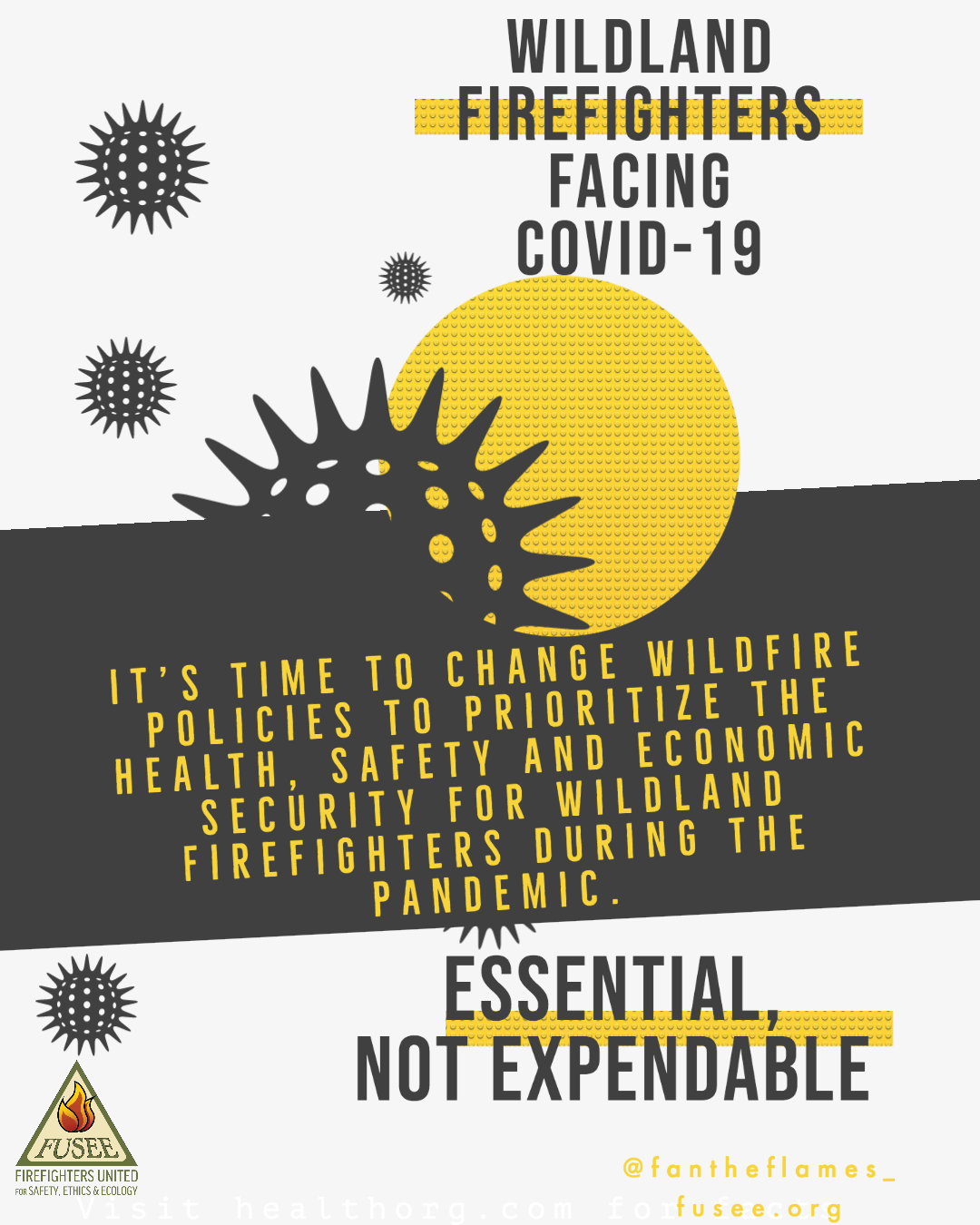
Covid-19 Wildland Firefighter Policy Synthesis
Synthesis of policy proposals gathered from a number of agency documents from spring 2020.
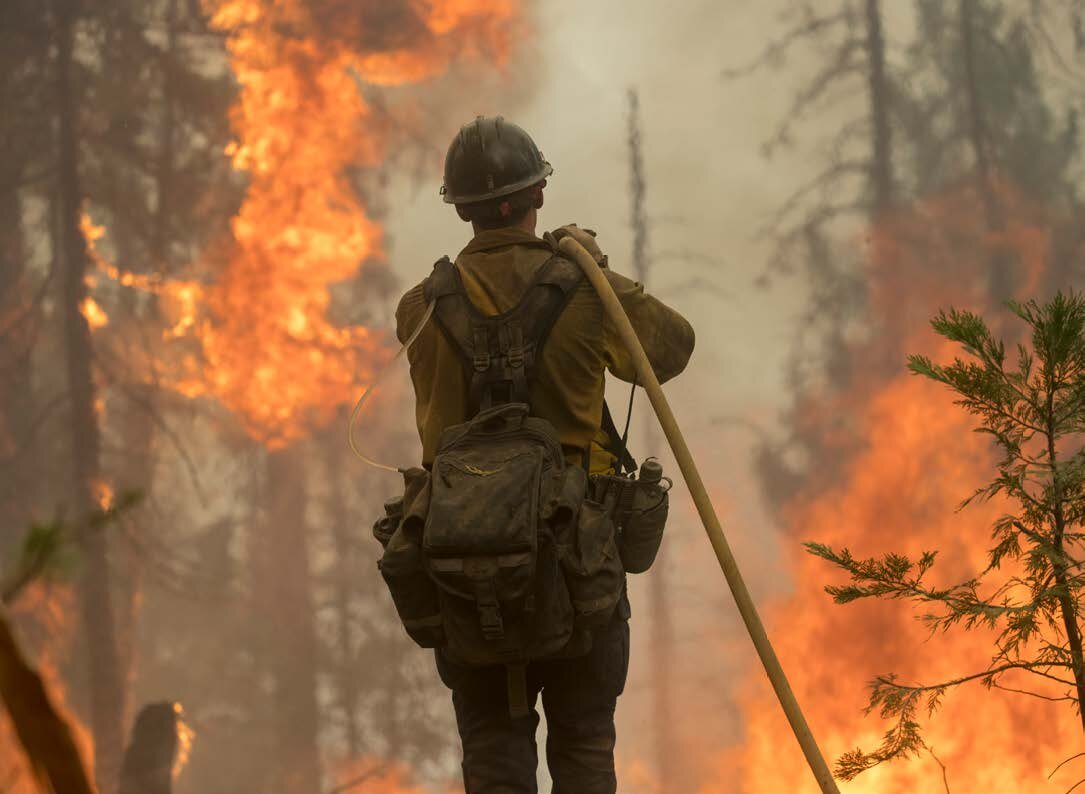
Incendiary Rhetoric: Climate Change, Wildfire, and Ecological Fire Management
Incendiary Rhetoric: Climate Change,Wildfire, and Ecological Fire Management is a guide intended to help forest and climate activists talk to broad audiences about wildfire in the era of climate change, in ways that are grounded in the best available fire and climate science and progressive fire management policy.
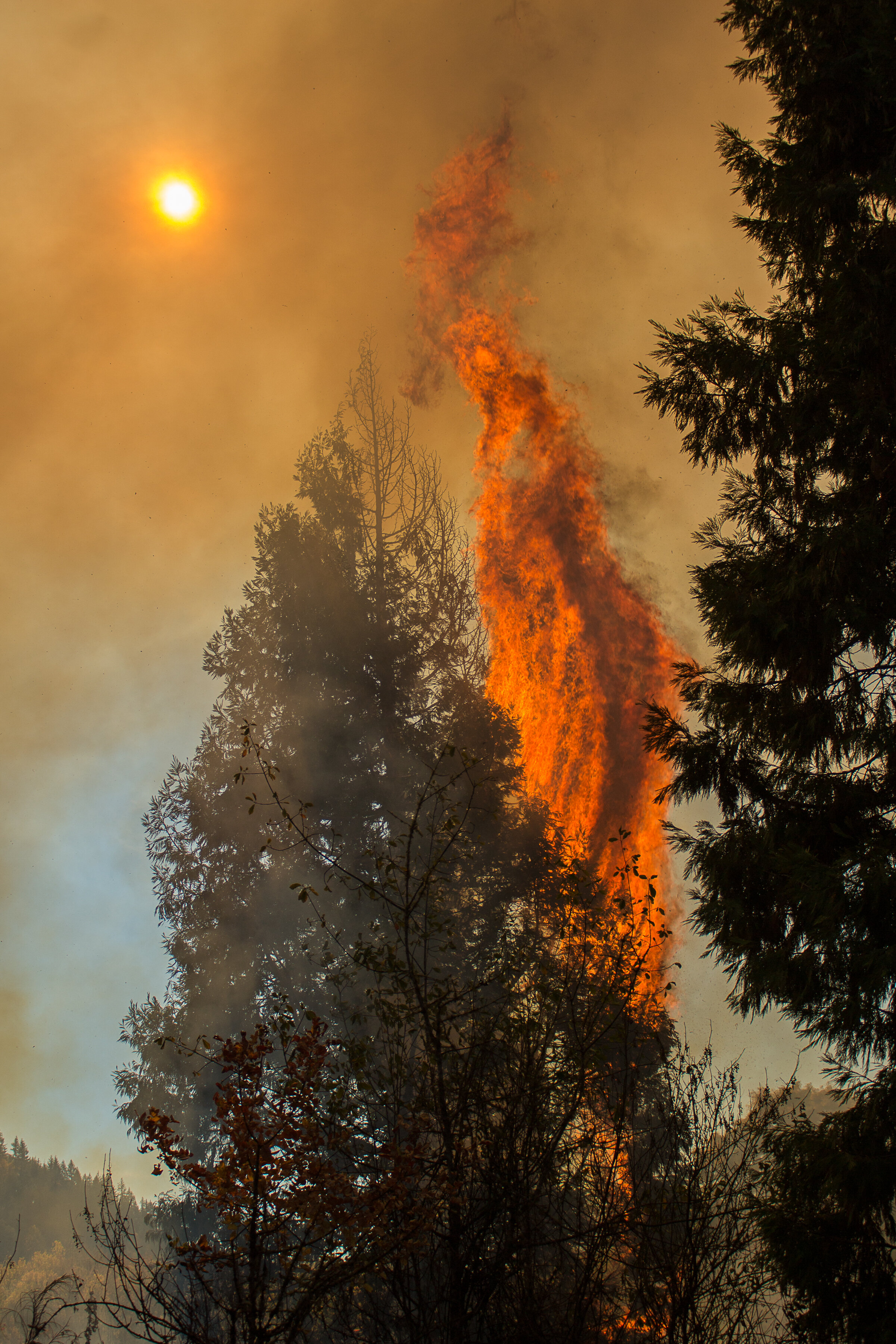
PYROGANDA: Creating New Terms and Identities for Promoting Fire Use in Ecological Fire Management
Agencies, organizations, and institutions in the wildland fire community will have to engage in an explicit pro-fire “pyroganda” campaign to help counter its historic anti-fire propaganda and inspire necessary changes in consciousness and behavior in the public and fire management workforce. As part and parcel of this effort, FUSEE proposes renaming wildland firefighters as fire rangers.
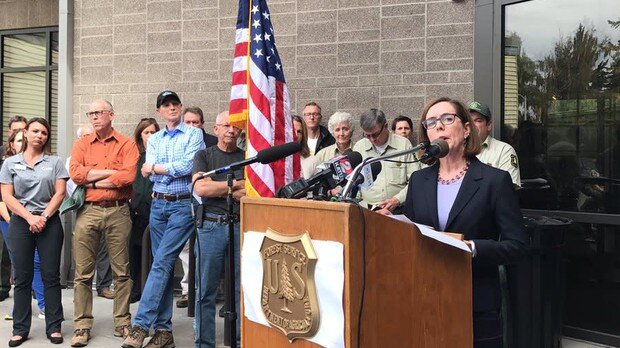
Analysis of policy recommendations by the Governor's Wildfire Response Council
This analysis concentrates on the work of the Fire Suppression Committee of the Governor's Wildfire Response Council (WRC), relying on draft policy recommendations issued on September 16, 2019.
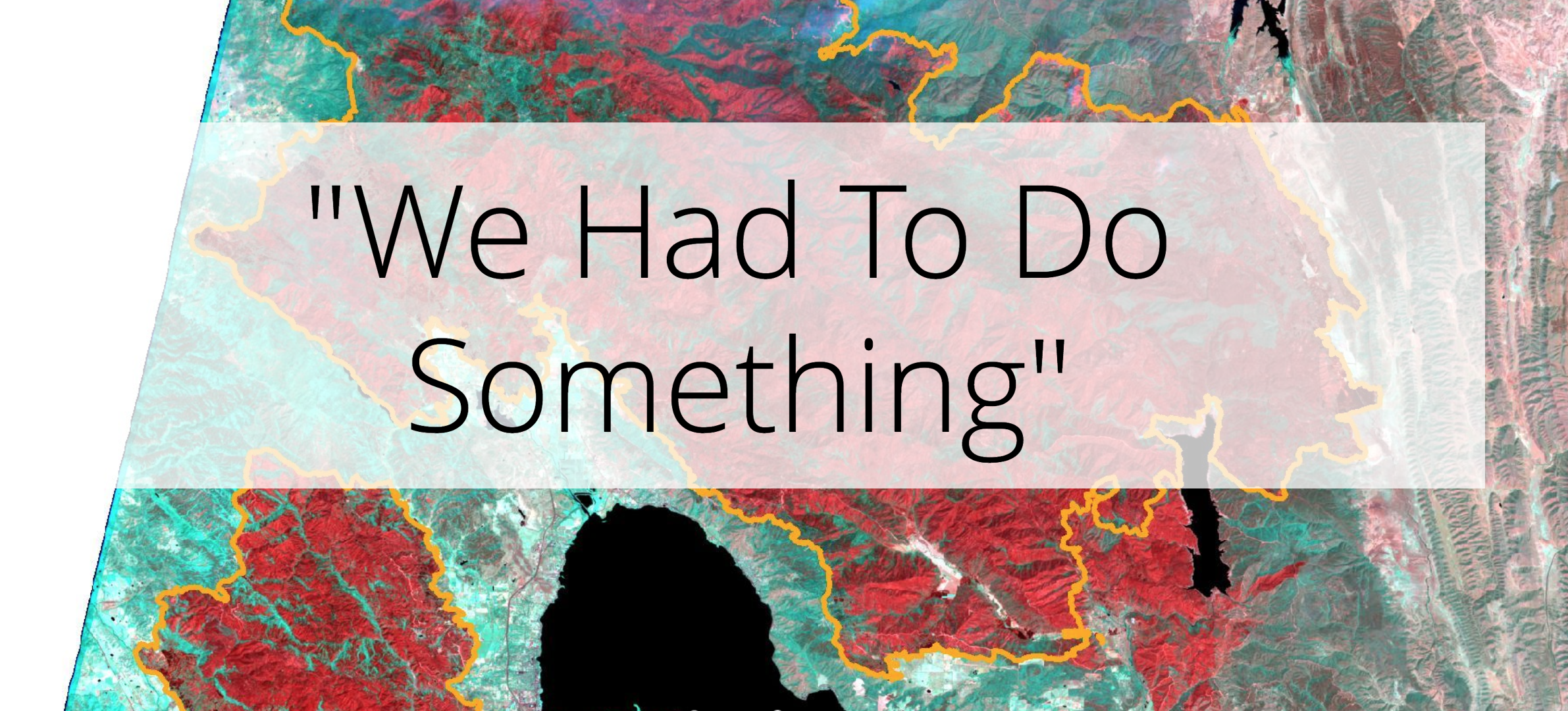
We Had to Do Something: Futility and Fatality in Fighting the 2018 Mendocino Complex Fire
Fire managers felt pressure to “do something” to stop the spread of the Ranch Fire, attempting a hastily planned burnout along a bulldozer fireline. But this action contradicted the advice from Forest Service risk management experts who warned that aggressive firefighting tactics had low probabilities of success given record-level fuel dryness at the time.
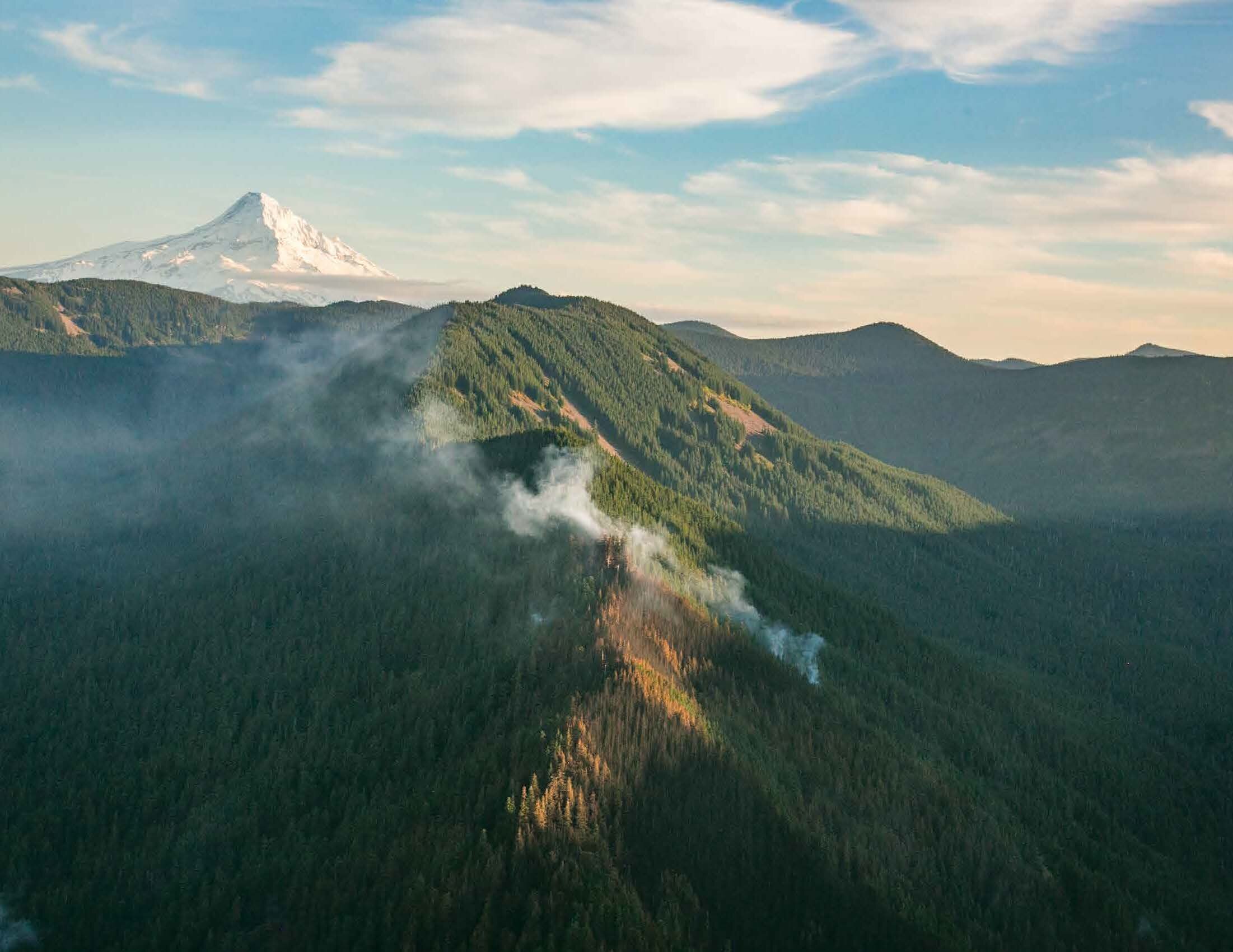
Forests, Wildfire and Climate Change
Wild re has been an integral part of western forests for thousands of years, but in recent decades con icts between people and re have increased dramatically. Climate change is bringing hotter, drier conditions to western forests, which is increasing re activity, and scientists predict that this trend will continue as the planet heats up. This guide is intended to help climate and forest activists understand the unique dynamics between forests, wild re, and climate so we can collectively chart a new path towards community resilience to the impacts of climate change. By modernizing our wild re policies, we can protect homes and communities while restoring the important role that re plays in the forest ecosystems of the American West.

FireWatch PART 1: A Guide to Online Wildfire Information Gathering
Learn how to access information from government websites during wildfires in order to see where they are located, where they might be heading, and what kinds of suppression resources have been dispatched to manage the fires.

FireWatch PART 2: A Guide to Acquiring Suppression Operations Documents and Data
Learn how to acquire and analyze suppression operations documents and data. Titles of specific items in the “docs box” are presented along with tips on navigating the Freedom of Information Act (FOIA) process.

FireWatch PART 3: A Guide to Agency-Community Communication and Collaboration in Wildfire Management
Learn tips for sharing your research findings with fellow community members, and how to communicate your concerns with agency officials during, after, and especially before a fire
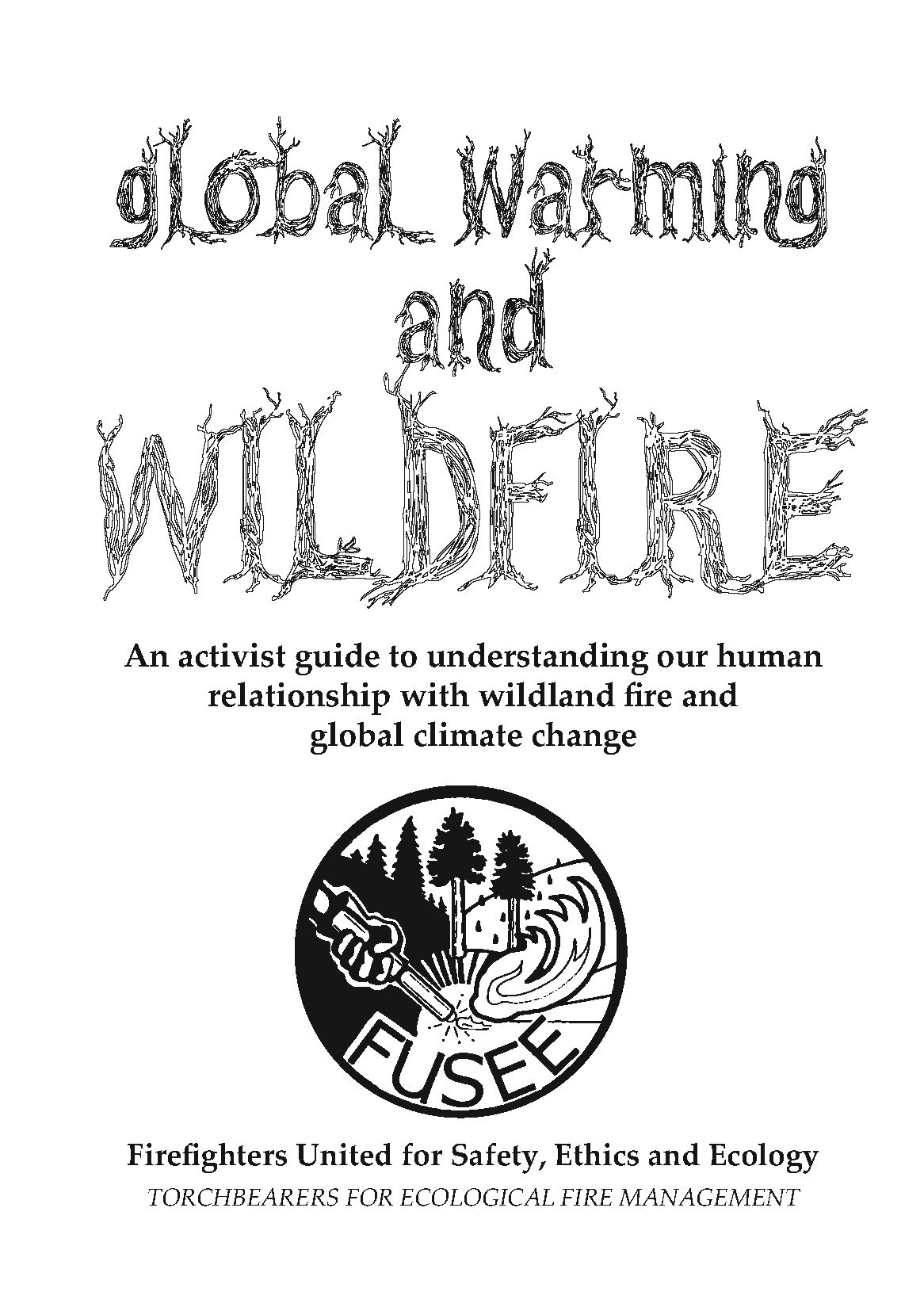
Global Warming and Wildfire: Don’t Panic!
An activist guide to understanding our human relationship with wildland fire and global climate change.

Carr Fire CATlines: The Environmental Impacts of Bulldozers in Wildfire Suppression
Bulldozer firelines or "CATlines" cause extensive, lasting environmental damage and destroy Native American heritage sites. In the era of climate change, they are rapidly becoming ineffective in stopping wildfire spread during severe weather conditions. The 2018 Carr Fire offers a case study for the kinds of damage caused by catlines whose scars still remain on the landscape.

A New Direction for California Wildfire Policy— Working from the Home Outward
Compiled by Douglas Bevington, Forest Director, Environment Now California Program
California’s state policies on wildfire need to change direction. The current policies are failing. They have not effectively protected homes, while they place dramatically increasing pressures on state and local budgets. Moreover, these policies are often based on notions about the role of fire in California’s ecosystems that are not supported by sound science and do not reflect the changing climate. These policies try to alter vast areas of forest in problematic ways through logging, when instead they should be focusing on helping communities safely co-exist with California’s naturally fire-dependent ecosystems by prioritizing effective fire-safety actions for homes and the zone right around them. This new direction—working from the home outward—can save lives and homes, save money, and produce jobs in a strategy that is better for natural ecosystems and the climate.

THE SKY’S THE LIMIT: THE SOBERANES FIRE SUPPRESSION SIEGE OF 2016
The Soberanes Fire Suppression Siege offers an extreme example of excessive, unaccountable, budget-busting suppression spending that is causing a fiscal crisis in the U.S. Forest Service. It demonstrates the absolute necessity for Congress to perform critical oversight of wildfire suppression spending by federal agencies.

Flying Blind: Federal Misuse of Airtankers Adds to Skyrocketing Fire Suppression Costs Accountability and Reform Needed
Wildfire suppression expenditures have averaged over $1 billion per year since 2000, but with a 71 percent increase in spending in the last five years the annual average is now $2.9 billion.. Firefighting now accounts for 61 percent of the Forest Service’s total discretionary budget.8 While suppression cost-containment has been a stated goal within the agency and a keen interest among Members of Congress for the last 15 years, there are no legal or policy mandates requiring Forest Service line officers or incident commanders to limit costs, and they have tremendous discretion in suppression expenditures.11 Recent research challenging the costs and effectiveness of different suppression strategies, tactics, and resources all beg the question—what are taxpayers getting from the billions of dollars spent fighting fires?
